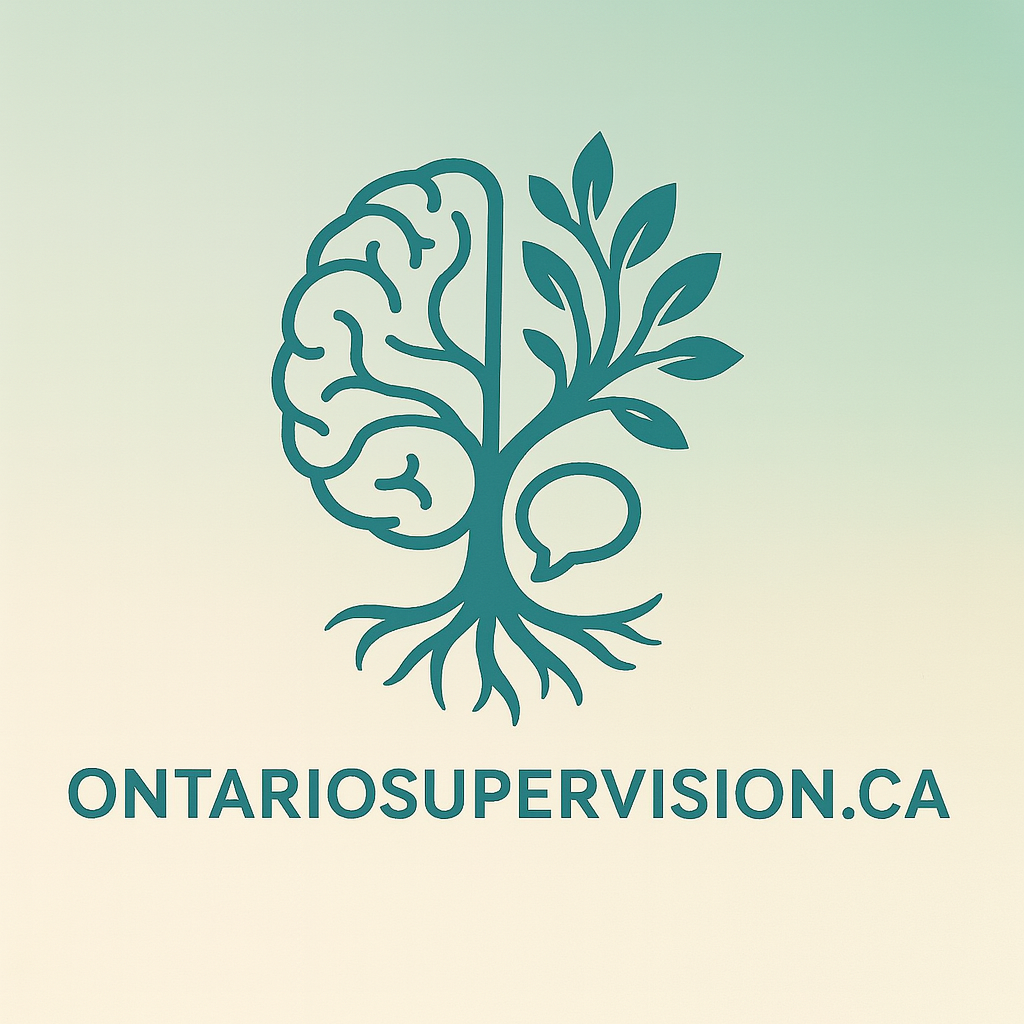The Evolution of Clinical Supervision in Mental Health Care
Clinical supervision has long been a cornerstone in the field of mental health care, ensuring that therapists provide the highest standard of care to their clients. In Ontario, the College of Registered Psychotherapists of Ontario (CRPO) mandates clinical supervision as part of the regulatory framework. This supervision is not just a formality; it's a critical component in the development and maintenance of competent, ethical, and professional therapeutic practice.
The Origins of Clinical Supervision
The concept of clinical supervision began taking shape in the early 20th century. One of the earliest forms of supervision was seen in the work of Sigmund Freud, who, through his development of psychoanalysis, implicitly highlighted the need for supervisory processes. Freud's work with his colleagues often involved discussing cases, which laid the groundwork for what would become formal clinical supervision.
As psychotherapy evolved, so did the understanding and practice of supervision. Carl Jung, Alfred Adler, and other early practitioners contributed to this evolution by recognizing the importance of reflective practice and the need for an experienced guide to help navigate the complexities of therapeutic work.
The Evolution of Clinical Supervision
Over the years, clinical supervision has evolved significantly. In Ontario, clinical supervision, particularly under the guidelines of the CRPO, has become more structured and standardized. Each modality offers unique benefits, with group clinical supervision providing opportunities for peer learning and support, while individual supervision allows for personalized guidance.
The Critical Role of Supervision in Therapeutic Practice
Clinical supervision is crucial in the field of psychotherapy for several reasons. First, it supports the professional growth and development of therapists, particularly those who are new to the field. Supervision provides a platform for learning, reflection, and skill enhancement, which is essential for early-career therapists.
Moreover, the nature of therapeutic work, which often delves into sensitive and personal areas of clients' lives, necessitates a high level of professional oversight. Therapists are in a unique position of power and influence, which, if misused, can lead to harm. This is where clinical supervision becomes not just beneficial but essential.
The Dark Side of Therapy: The Need for Supervision
Unfortunately, the therapeutic space, like any other, is not immune to instances of professional misconduct. There have been cases where therapists have overstepped professional boundaries, resulting in emotional, psychological, and at times, physical harm to clients. Some of these cases have included sexual misconduct, a grave violation of professional ethics and trust.
For instance, there have been reported cases where therapists have engaged in sexual relationships with their clients, a clear breach of professional boundaries. These incidents not only harm the individuals involved but also tarnish the trust in the therapeutic profession as a whole.
Why Supervision is Non-Negotiable
These instances of misconduct underscore the necessity of robust clinical supervision. Supervision serves as a safeguard, helping to prevent such ethical violations by providing regular oversight and a platform for therapists to discuss and reflect on their practice, including any challenges or ethical dilemmas they may face.
In Ontario, the CRPO's emphasis on rigorous clinical supervision is a testament to the profession's commitment to maintaining high ethical standards and ensuring client safety. It's a recognition that while the vast majority of therapists work with integrity and professionalism, the potential for harm exists, and safeguards like supervision are essential.
Clinical supervision, in its various forms, is an indispensable part of the mental health profession. It supports the growth and development of therapists, ensures adherence to ethical standards, and ultimately, protects clients. The evolution of clinical supervision, from its informal beginnings to the structured and diverse modalities we see today, reflects the ongoing commitment of the profession to provide safe, effective, and ethical care.
For therapists in Ontario, adhering to the CRPO's guidelines for clinical supervision is not just a regulatory requirement; it's a professional duty. It ensures that they are continually growing, learning, and upholding the highest standards of their profession. In a field where the stakes are incredibly high, the value of clinical supervision cannot be overstated.
